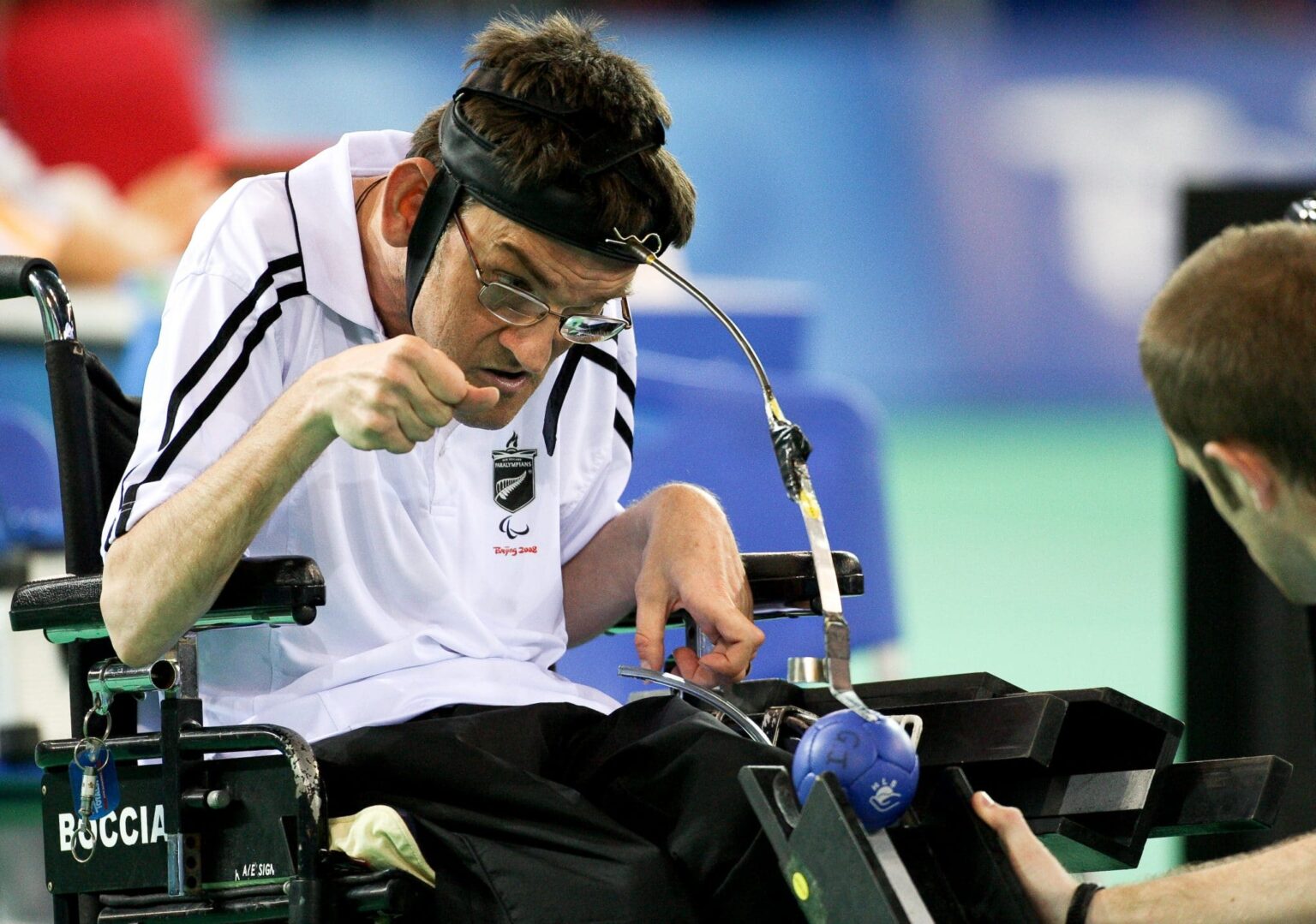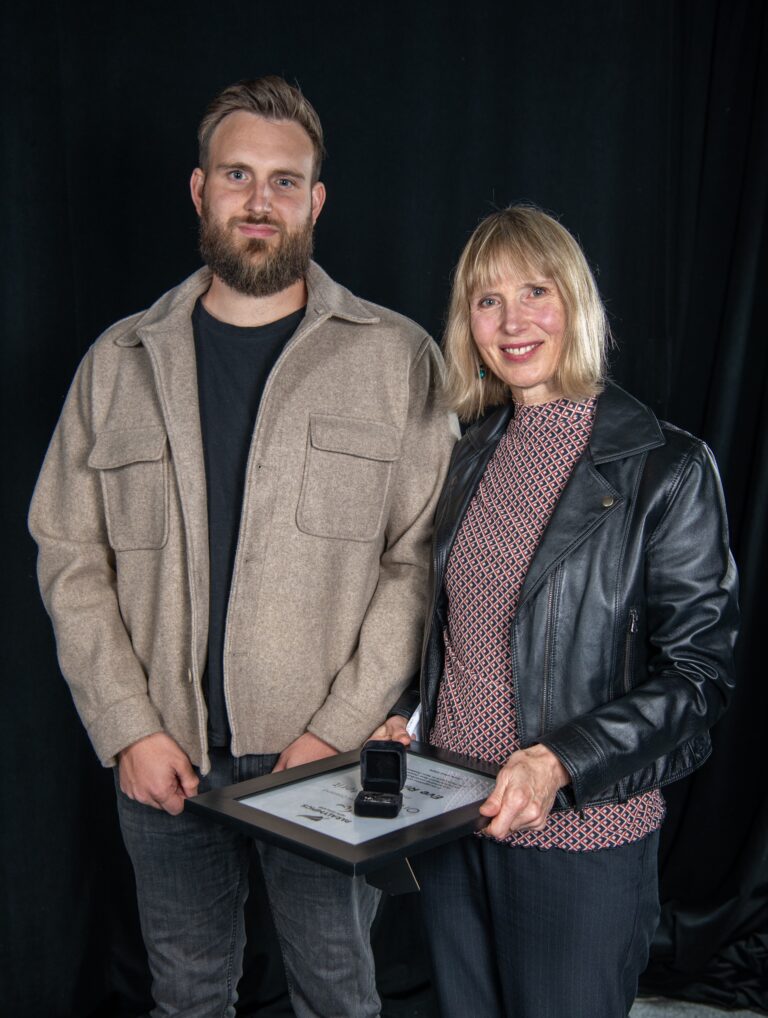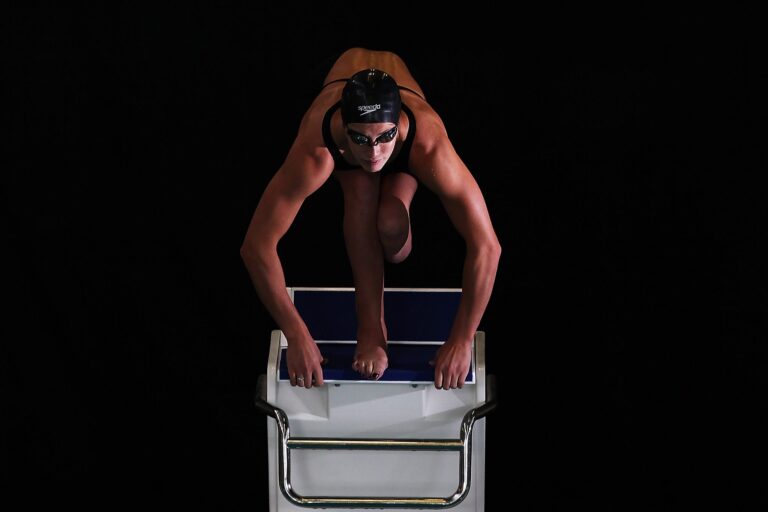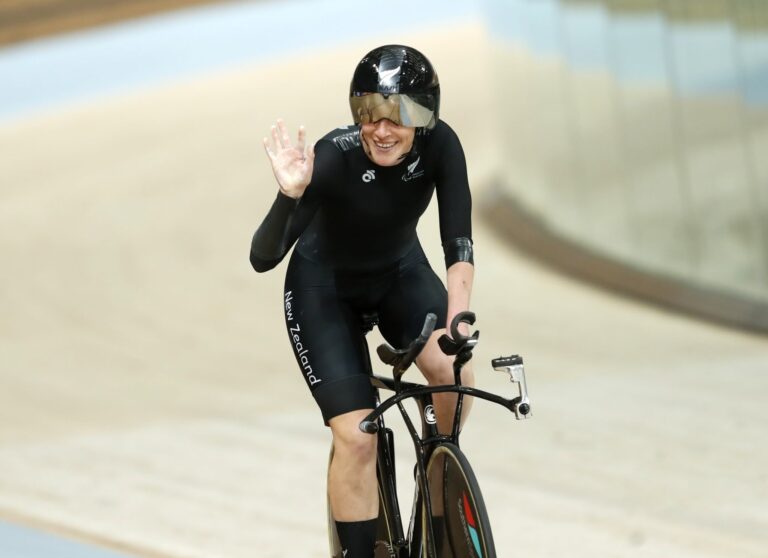Requiring a blend of wit and skill, Boccia is a Paralympic sport that’s as challenging as it is popular – and for Paralympian and New Zealand master Greig Jackson, it’s taken him to championships all over the world.
They call Greig Jackson ‘The Surgeon’. It’s the perfect handle for the Kiwi maestro of such a precision sport. He’s New Zealand’s number one BC3 Boccia player, and you take him on at your peril.
Boccia is, says Jackson, the only sport he can play. He’s not exaggerating.
Born with a high degree of physical impairment due to cerebral palsy, Jackson, like all BC3 classification players, uses a human assistant and a specialist piece of assistive equipment called a Boccia ramp in order to compete. The ramp allows people unable to throw or kick to direct a small leather ball towards a ‘jack’ in a court sport that combines all the precision of bowls and petanque with strategy play that’s on a par with chess.
Keeping their back to the play in order to avoid – even subconsciously – influencing the set-up of each ball, the assistant positions the ramp according to the player’s instructions, after which the player carefully releases the ball from the top of the ramp.
“The assistant is just a tool,“ says Jackson’s right-hand man in the sport for more than a decade, Bruce Bycroft. “Greig does all the hard work.“
Bycroft got hooked when his son took up Boccia at 13. “We used to play against Greig and then, when my son moved onto other things, I began helping Greig, as I really enjoyed it. I wouldn’t still be involved if it wasn’t such a riveting game.“
“[It’s] addictive!“ says Jackson. And a game that takes a power of concentration.
“I like to be aggressive,“ he continues. “Once I’m on the court, I’m not thinking about anything else apart from winning the game. It’s the concentration that makes it physically tiring. Each game takes about an hour – there are four ends that normally take about 15 minutes each. I have to stay very focused throughout, both on executing my own game as well as watching and deducing what my opponent is trying to set up.“
On the wall of his Palmerston North home, a shiny bronze medal from last year’s Chinese Taipei Regional Open in Taiwan is testament to his skill. That was where Jackson became the first person to win an individual Boccia medal for New Zealand, having dominated the sport nationally for the past 19 years and representing New Zealand at the Athens 2004 and Beijing 2008 Paralympic Games.
Given that Asia is the hotseat of the international game – with a concentration of gun players – it was a stunning achievement. When Jackson competes internationally, usually it’s against people that he has never seen before — and you have to work them out fast.
Before Boccia, Jackson had never ventured beyond New Zealand but since 2002, he’s become an extremely well-travelled man. Korea, Hong Kong, Brazil, Canada, Japan, Australia and Portugal: they’re but a few of the countries in which he’s chalked up some 100 games for New Zealand.
“I’ve made friends all round the world through Boccia,“ he says. “It’s been very special for me to be able to travel the world meeting all these wonderful people.“
Not that it’s ever easy. Fundraising to get to key tournaments abroad is incessant, while travelling through airport security and aboard planes in a 160-kilogram wheelchair is a rigmarole in itself. Currently he’s ranked 47th in the world, but he’s been as high as seventh. Here in New Zealand, there are just 10 players who compete at nationals in Jackson’s division and ‘The Surgeon’ needs to compete abroad to be pushed.
Complicating matters is a relatively new international ruling that requires one of each three-member ‘pairs’ teams to be female – two of the three-member team is on court at any one time. Jackson and Troy Robertson are the top male pairs players in New Zealand, but there’s a dearth of female Boccia players. While they also compete individually, a pairs ranking is now required to get them into top events around the world in order to do that. Understandably, they’re keen to see the development of more local players.
Meanwhile, Jackson’s got his eyes firmly set on taking out this month’s nationals in Wellington, and then he’ll have the next World Championships, in Dubai at the end of next year, to aim for.
At 53, he’s one of the sport’s oldest players, but the beauty of Boccia is it’s a great leveller of external differences. A sport in which age is truly just a number, and men compete as equals with women. It’s a mind game – the proof lying in the number of able-bodied people who have had a go against Jackson, only to get trounced as he blocks off all their moves.
Most weeks, Jackson trains four days a week, and in the lead-up to tournaments, he will spend weekend camps with Robertson either in Palmerston North or Hamilton. For BC3 players, one of the challenges is not their own time, but their assistant’s time – Bycroft, for example, has a full-time job which can make weekday training difficult.
“We’re always on the lookout for people to help, people who are interested to learn about and enjoy this game. Join us on the journey!“
Story created by Storyation in partnership with Paralympics New Zealand.



























